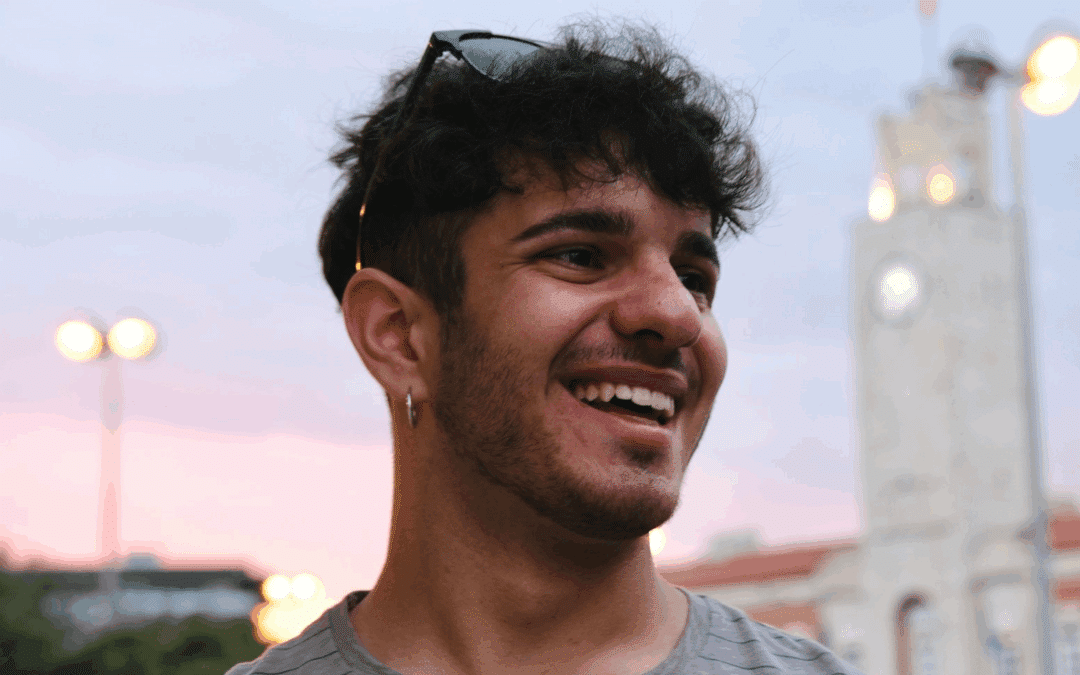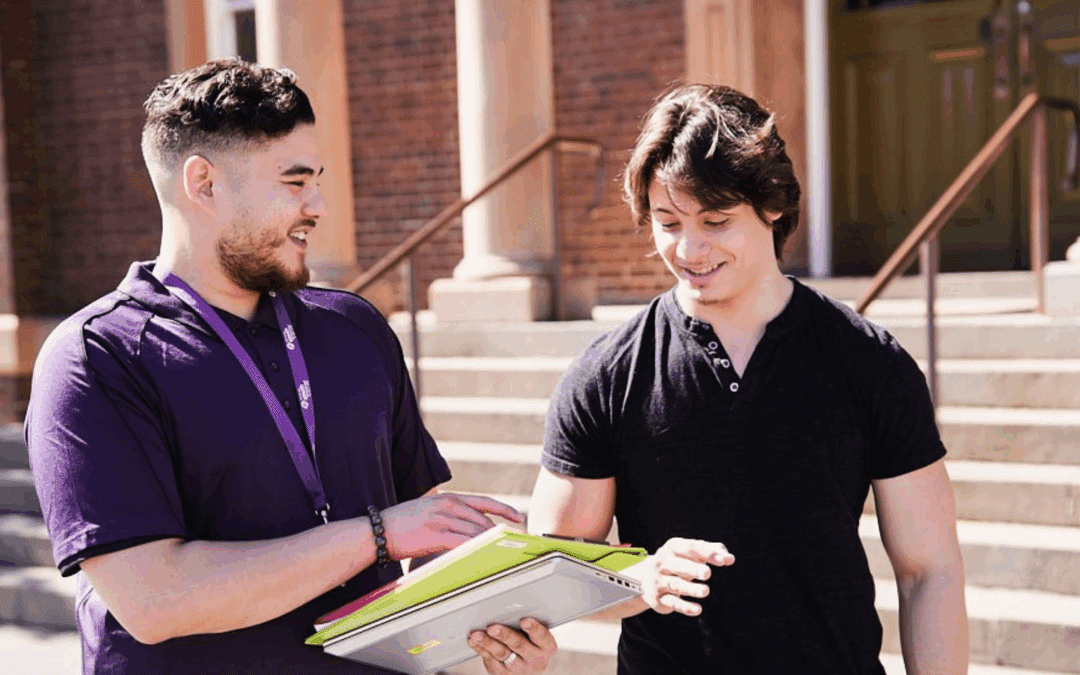Sally Roseby understands the power of receiving the right mental health support at the right time.
As the school psychologist at Youth Off The Streets’ EDEN College in Macquarie Fields, her days are spent identifying and addressing the mental health challenges faced by young people.
“A great deal of mental health symptoms and distress begin in adolescence. If we can get effective support and early intervention to young people in that time, it’s less likely to have an impact on their entire life,” she says.
The National Mental Health Survey revealed that mental ill-health among 16- to 24-year-olds has spiked over the last 15 years – affecting 26 per cent of young people in 2007 compared to 39 per cent in 2020–2021.
For many young people who have experienced extensive trauma and poor mental health, the ripple effects can extend to every area of their life, including their education.
Mainstream high schools often fail to accommodate their unique circumstances and needs, leading to increased disengagement from education. This puts them at further risk of disadvantage and trauma.
“Many of our students have experienced significant childhood adversity and trauma – some of which is complex and ongoing – and it impacts their mood, sense of self, relationships and stress response systems. The effects are just so pervasive,” Sally explains.
“They are coming through our doors with such high levels of stress, their bodies are primed to keep them safe. When they are feeling so on edge, it’s hard for them to learn in the classroom.
“Mainstream school can often be distressing for young people who have a significant history of trauma.
“Our biggest job as school psychologists and counsellors is to help them feel safe and calm at school, so they are ready to learn.”
With our multi-disciplinary team of teachers, youth workers and psychologists, Youth Off The Streets’ six independent high schools offer flexible, individualised learning programs and holistic supports that place as much value on young people’s physical, mental and emotional wellbeing as their academic achievements.
“We first need to bring our students into an emotionally safe space where they can function, make sense of the world and re-engage before learning,” says Bec Griffiths, our school counsellor at Craig Davis College in the Illawarra.
“We look at what they have the space to do right now – whether that’s going to class or partaking in a therapeutic activity.”
At Youth Off The Streets, trauma-informed practices are implemented across our services, including in our classrooms.
“We put significant effort into making our whole system trauma-informed,” Sally explains.
“That looks like recognising the impacts of trauma on young people. We look at how their experience of trauma impacts their lives and what parts of their neurodevelopment have been affected.
“We try to work out our students’ capacities in whatever ways we’re working with them, which informs our interventions,” adds Bec. “We identify their challenges and build plans to help inform teachers on how we should respond to different students to avoid re-traumatising them.”
Sadly, the lack of general mental health knowledge and capacity in school settings and communities can lead to a young person’s mental and emotional wellbeing being overlooked or misunderstood.
“Often people respond to big outbursts or sudden withdrawals from young people without asking ‘what’s really going on in their life?’” says Bec.
“With our approach, we strip it back and work from the perspective of the student to help nurture them through their experience here at school.”
Youth Off The Streets believes that a young person’s present circumstances should never define their future.
“We don’t want their mental health to get in the way of doing all the things their peers are doing. We want to try to minimise the impact of mental ill-health as much as possible,” says Sally.
“Many of our students have severe mental health difficulties, and to think that they probably wouldn’t be getting an education without schools like ours further separates them from their peers.”
While being a psychologist and counsellor is no easy job, Sally and Bec’s students inspire them every day.
“We feel so privileged to have helped the students in any way. But really, we know we’ve just provided a safe environment for young people to flourish. They achieved everything themselves and that is inspiring for me,” Sally shares.
“They’ve managed to cope with everything life has thrown at them, and they’re still coming to school and wanting something different. It’s really amazing,” says Bec.
“Many of them are changing the trajectory of their entire family and making a positive intergenerational impact.
“A number of students are the first in their family to finish Year 12, get an apprenticeship or a job straight after school.
“These are the amazing stories we should be sharing. Their resilience to keep coming back is inspiring.”
Click here to learn more about the mental health support services that Youth Off The Streets offers to young people.



